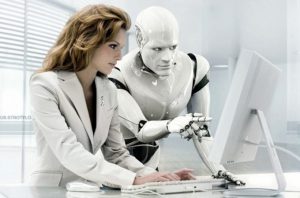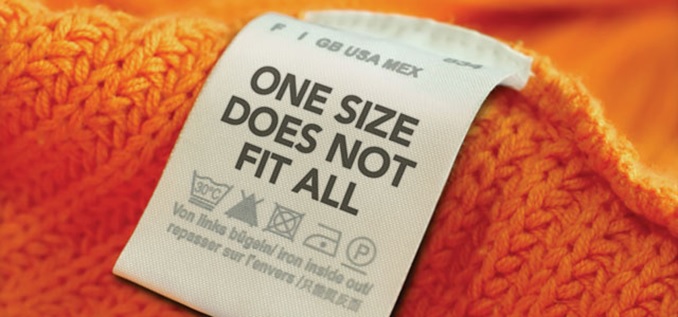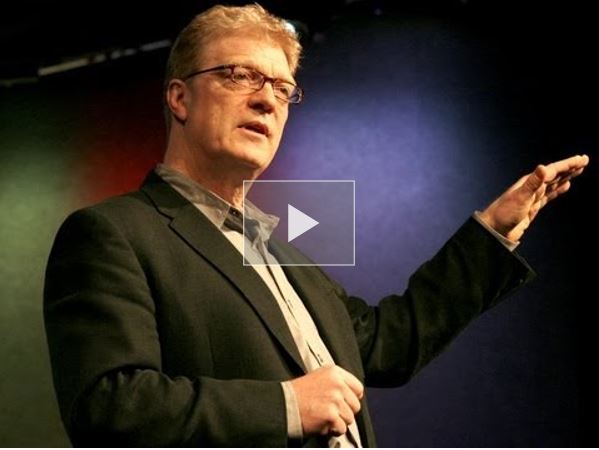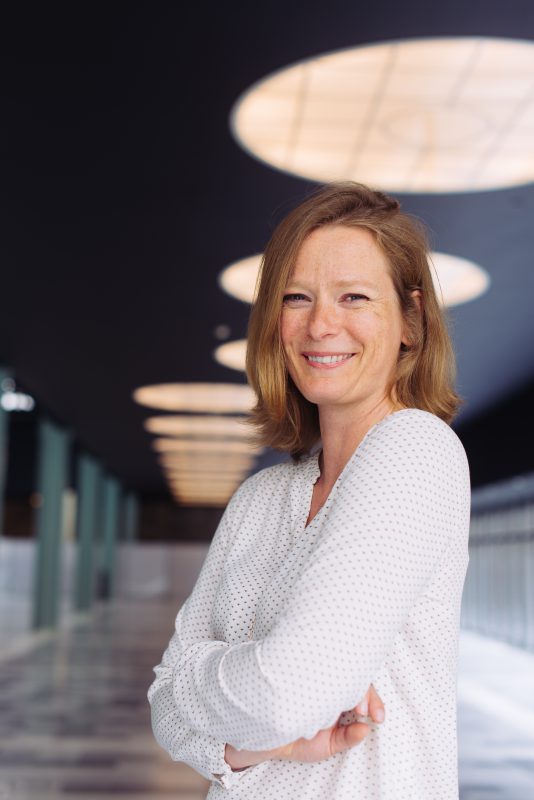TEACHERS ON STRIKE: DO WE STILL NEED THEM?
January 3, 2018
 Last month, our company had a bring your kids to work day. Teachers had announced a general strike, asking for more resources from the government. It meant that many parents needed an improvised daycare, which, I have to admit, was quite fun. The sentiment of teachers is not new, nor is it exclusive for the Netherlands; teachers are often put under difficult circumstances even though most people would agree that they have a noble task in educating our children.
Last month, our company had a bring your kids to work day. Teachers had announced a general strike, asking for more resources from the government. It meant that many parents needed an improvised daycare, which, I have to admit, was quite fun. The sentiment of teachers is not new, nor is it exclusive for the Netherlands; teachers are often put under difficult circumstances even though most people would agree that they have a noble task in educating our children.
But something is slowly but steadily changing in the role of teachers which sheds a new light on their role and duress. The general surge in digital transformation is seeping into schools in innovative ways, dramatically affecting what we expect from teachers. In an age of increased personalization and open information it is becoming valid to ask the question: “do we still need teachers?”
During a school visit, it became apparent to me how much schools are changing. At one point, students had to work on their assignments. One of them came to the teacher’s desk and told him: “Sir, I cannot make my homework because my book is broken.”
It took a while for this sentence to sink in for me. What the student actually meant was that he could not use his laptop – which contained a digital book – because of technical problems. None of the students at this school actually had physical books as the school was working fully digital. The “broken” book is the 21st century equivalent of “the dog ate my homework”.
 Despite these technical impediments, the school policy does, in fact, aim to add value to the learning process and it does so according to a paradigm shift in education. The global trend is shifting towards a more student-centered approach instead of a teacher centered-approach. Rather than have 30 students perform at a minimum level, each student should receive an education that fits their individual needs. Massive open online courses and learning analytics are examples of this decentralized learning.
Despite these technical impediments, the school policy does, in fact, aim to add value to the learning process and it does so according to a paradigm shift in education. The global trend is shifting towards a more student-centered approach instead of a teacher centered-approach. Rather than have 30 students perform at a minimum level, each student should receive an education that fits their individual needs. Massive open online courses and learning analytics are examples of this decentralized learning.
Famously, the student-centered approach has become popular after educational thought leaders such as Ken Robinson rightfully signaled that our current educational system is too much based on ideals of industrialization and less on individual talent development. “If you are interested in the model of education, you don’t start from a production line mentality” Robinson says.

Although the paradigm is shifting towards individual talent development, the scale of our current educational system simply does not make this possible and that’s where laptops play an important role. Digitalization of education is an important catalyst for the individualization process to work. If students do their work digitally, the system can learn from their behavior and offer them the educational content they need at that particular moment in time.
So you could say that digitalization in education is actually a transition from an industrialized one-size-fits-all model of education to a more adaptive and personalized model of learning. Indeed, ‘adaptive learning’ is somewhat of a buzz word in the Edtech space because so many people and businesses recognize the potential for learning efficiency.
While many see the benefits of this kind of decentralization and adaptivity, it also asks very challenging questions to teachers in this age. Rather than being the central beacon of knowledge, the teacher is now being asked to trust the assessment of software for his pedagogical interventions. Instead of controlling the flow of information, students control what and when they learn. If you would want to draw parallels to other industries where decentralization has disrupted gatekeeping authorities (media, energy, retail); the teacher is the middleman who is being cut out. Indeed, taken to its logical extreme, “do we still need teachers?” would be answered with an emphatic “no”. Added benefit: teachers would not go on strike for more resources because we actually would need fewer resources.
And yet, while this may seem to be a future where students are more empowered and teachers carry less of the burden, there is an essential educational element lacking in this scenario. If the goal of adaptive learning has become to make learning more efficient we are missing the point of Ken Robinson; schools should not focus on output. We would, in effect, fall into the same trap as the old industrial model of scale and efficiency, the only difference would be the granularity of our efficiency.
The reality is that true learning is messy and not about cognitive efficiency at all. Consider this: We learn from setting our own goals. We learn from inspiring stories and experiences. We learn from discussions and collaboration with others. We learn from reflecting on our actions and ideas. We learn from explaining our knowledge to others. Most of all, we learn from being allowed to make mistakes. And here’s the catch; none of these things are present in an adaptive learning system but a good teacher understands this as no other.
 And that’s why we will always need teachers. The true value of education lies in bringing people together and reflecting on the work they have done (or not done). No machine can replace this essentially social dynamic. We still have a leg up on AI in that regard. And so, while the role of the teacher is changing rapidly because of digitalization, I would argue that the teacher will become essential to guide students in this increasingly changing world. It means that teachers need to show students there is more to life than passing standardized tests. Teachers need to show us that learning is unpredictable and ultimately up to the student himself. As Master Yoda says in the latest installment of Star Wars: “we are what they grow beyond.” And this is what excellent teachers understand. People don’t remember their favorite school book. They remember their favorite teacher.
And that’s why we will always need teachers. The true value of education lies in bringing people together and reflecting on the work they have done (or not done). No machine can replace this essentially social dynamic. We still have a leg up on AI in that regard. And so, while the role of the teacher is changing rapidly because of digitalization, I would argue that the teacher will become essential to guide students in this increasingly changing world. It means that teachers need to show students there is more to life than passing standardized tests. Teachers need to show us that learning is unpredictable and ultimately up to the student himself. As Master Yoda says in the latest installment of Star Wars: “we are what they grow beyond.” And this is what excellent teachers understand. People don’t remember their favorite school book. They remember their favorite teacher.
Guest Author: Dieter Vlaminck
Dieter Vlaminck works at ThiemeMeulenhoff in the area of strategic product innovation. This intersection really combines two of his greatest passions: creativity and (personal) development.
Over the years Dieter worked on products for tablet education, adaptive learning, museum education and personalized teaching. More recently, he was involved in setting up new international markets and in the creation of a strategic product innovation charter. Dieter’s motto: Learn from your mistakes and learn from others. This is true for innovation and for learning.
Want to know more/get in touch with innovation in education? Feel free to contact me; always interested in the views of other people!

 English | EN
English | EN 